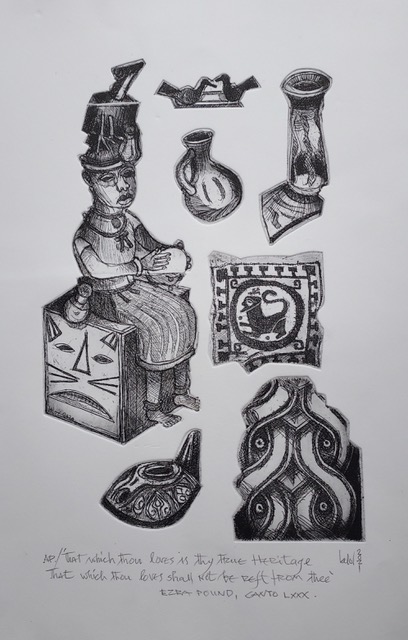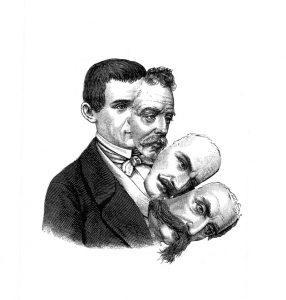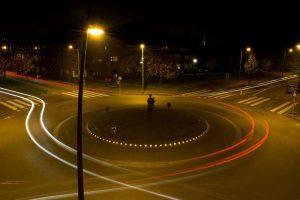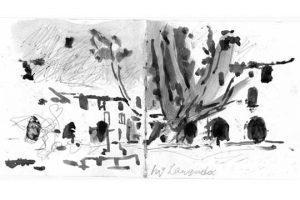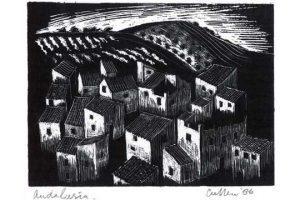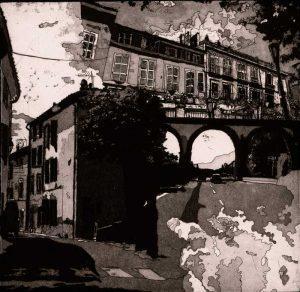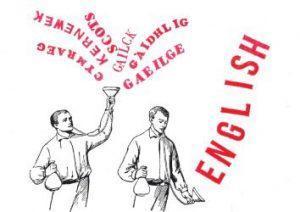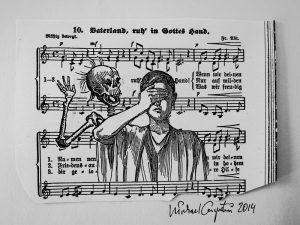Three poems from the current issue
IN THE FOOTHILLS OF THE TAURUS MOUNTAINS
Cevat Çapan
In other words, you believe in a love that guides the sun and the other stars?
The retired colonel asks his nephew, a bitter smile on his face.
Is this bower where uncle and nephew confabulate
the place where imagination ends?
I believe the waters, winds, clouds, even the shade of a willow tree
affect the world of our feelings.
And of those things you experienced in war, and perhaps in peace too,
the roar of cannons, the smell of gunpowder,
all those wounded soldiers, the young dead,
letters that never reached their addresses
and lovers destined never again to meet? Is there no trace of any of these in your bitter smile?
They mount their horses and set off,
Alexander once passed through here, the retired colonel says,
As they descend from Gülnar to Narlıkuyu in the Taurus Mountains
translated from Turkish by Neil Doherty
MAIDIN FHLIUCH AR AVENIDA SANTA FE
Áine Uí Fhoghlú
An spéir ghlas ag scaoileadh
a maidí le sruth, cithfholcadh
maidine ag dúiseacht sráide.
Scáthanna báistí ag bláthú
i bhfad thíos fé ghile marmair
mo bhalcóin bhraonaigh.
Sioscadh roth na dtacsaithe
buí is dubh, a gcuid soilse
báite i ngloine sráide.
Silteáin ag múchadh a dtarta,
glagaireacht na mbróg airgid,
seoda ar fhabhraí an lae.
‘A SAILOR MADE A GARDEN ON THE SHORE’
Antonio Machado
A sailor made a garden on the shore,
setting himself to every garden chore.
And when the whole garden was in full flower,
the gardener went off to sea once more.
Translated from Spanish by Pearse Hutchinson
Two poems from Cyphers 96
FRIDGE
by Mary Noonan
A shelf in a tall black mausoleum
is crammed with jars – prickly pear,
rhubarb and ginger, damson,
groseille intense, apricot.
A black cape shawls the ceiling
of the ice-box, blue mould seals
the half-eaten jellies in their glass
sarcophagi. Most were bought when
you were here – four years under
the pall, fruit sugars and spices
rotting in a molasses-dark marinade.
To touch them would be to halt
the small wooden train beetling
through the sun-speckled groves
of Majorca, orange and lemon leaves
reaching through an open window to
touch us as we bobbed to the sea.
MAYO
by Howard Wright
Time on your hands
where the roads come to die.
Everyone about their business;
an indifference to hairdressers,
a modesty of pubs.
Multi-purpose stores
are smithereens of sunlight.
Time at your beck and call.
Every other door is a postcard
you will write eventually.
Words are like hills in your mouth.
Rain on a river makes the sea
but a fire behind the window
is a snug in the darkness.
Time wasted is well spent.
from No. 95
BATTERED
by Maurice Scully
here is the news & weather
pluck a string
wait repeat vary
put a plum on a plate
get the brushes out
clear the mind
pare an apple
get stuck in
[if the source be close]
here is the news & weather
a thin slice in time
through a rising population
they call it Intercultural Post-Media Studies
we sing dumb
here is the news & weather
when the sun swells up &
burns off oceans & human
cultures if not long long
gone by then incinerate
& your home planet & histories
& languages & talents
& pitiful bitternesses
vanish with
uncountable myriad
intricately beautiful
microscopic diatom
& poetry of course fizzles
to ash & its ash is swept
forever away
then …
here is the news & weather
ANCIEN RÉGIME
by Elisa Audino
Poetry is revolution,
wrote Amiri Baraka,
and the revolutionary is he who curses inequality
from the street.
Rap was revolutionary at the beginning,
Trap for ten seconds, at least the idea,
the Beats for about twenty years,
jazz while it was black.
Italian poetry expresses
its revolution in the rhyming couplet
or in words like dismal, skull, sepulchral.
The Classics, it says.
Conservation, it means.
translated by William Wall
from No. 94
KOAT NEWS AT 6
by Alanna Offield
As the signal buffers its way from the air-conditioned newsroom
to the edge of the fire, the young reporter nods her head for slightly too long.
Yes, she says, thousands more acres, hundreds more evacuations
the biggest active fire in the country, the biggest in New Mexican history maybe
and I wonder is there something of pride in the recognition. I am listening
for her accent. Decoding if she belongs to these burning mountains
or if she chose them, if when she got the job in Albuquerque,
they told her to tone it down, to remove the music of her words because viewers
wouldn’t understand her, it would remind them too much of the family they left behind
for the city. I wonder did she record herself speaking and play it back until
her sentences stopped curling at the ends like smoke.
CAT SA LEABA
le Eiléan Ní Chuilleanáin
Cat carad, agus mé ar cuairt chuige,
bhuail sí isteach sa seomra
nuair a bhíos chun dul a chodladh
agus ligeas di fanacht in aice liom –
bhí teas agus fionnadh uaim;
ach dúisiodh mé ag a trí a clog,
mar bhí sí ag cíoradh mo ghruaige lena hingne
is ag brú orm, a srón beagnach sáite
isteach im’ chluas. Níor dhein sí crónán ar bith,
lean uirthi ag obair chun rud éigin a chur
i gcuimhne dom, ag obair i ndáiríre
chun go dtuigfinn, ach theip uirthi,
bhí an codladh ró-throm. Ansan thosnaigh sí ag caoineadh
agus bhí orm éirí agus í a scaoileadh amach
faoin oíche, mé cosnochta ar urlár fuar.
Ar maidin,
bhí ionadh orm faoin rud a tharla, ach
cén fáth nár thuigeas pé rud a bhí i gceist?
Nach mar sin a bhíonn an scéal,
an fhilíocht ag breith orainn le greim –
le greim an uafáis, sa dorchadas
is ag imeacht arís gan fiú focal amháin
agus an dualgas fágtha aici romhainn,
an eachtra a thuiscint, conas a tharla
tiomnú cait a bheith chomh deacair san a mhíniú?

